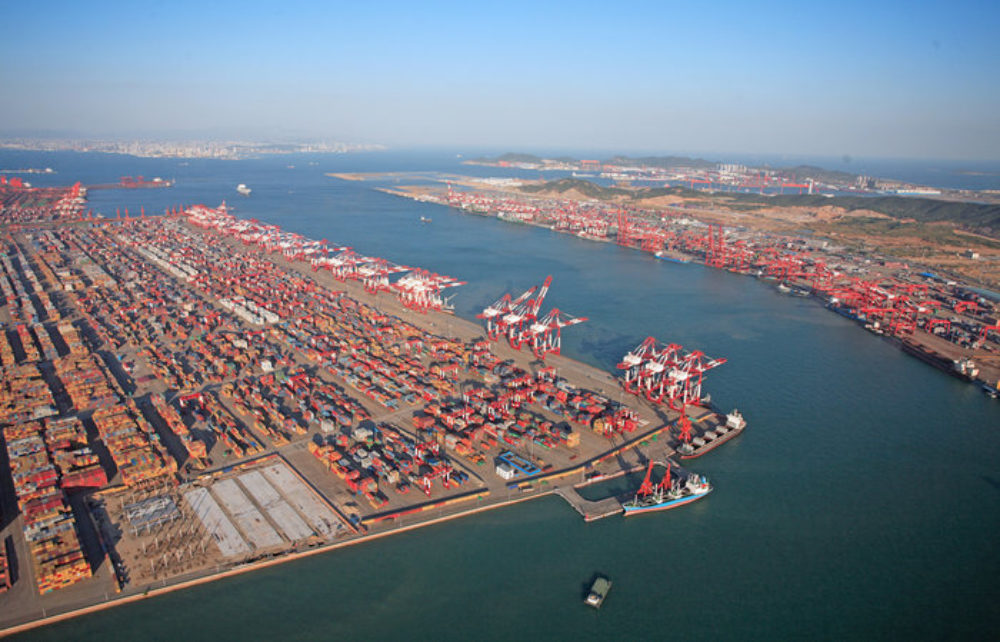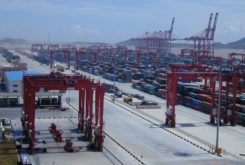China is establishing three new pilot free trade zones focusing on digital economy, including one in Hunan Province focusing on African countries and the Belt and Road Initiative.
The State Council, the nation’s Cabinet, released on 21 September plans for the new pilot zones in Beijing, Hunan and Anhui provinces, boosting the number of the country’s FTZs to 21.
Wang Shouwen, vice-minister of commerce, said the move shows the country’s resolve to pursue high-level opening-up and ensure the safety and stability of the industrial and supply chains.
The pilot FTZs in Hunan and Anhui will cover areas of 119.76 square kilometers and 119.86 square kilometers, respectively, government officials said.
He Baoxiang, vice-governor of Hunan, said that with new policy support and backed by a large number of export-oriented manufacturers, construction projects and service providers, the FTZ in Hunan aims to boost outbound direct investment and international cooperation, in particular with African countries and those related to the Belt and Road Initiative.
Fernando Teixeira, CEO of Valin ArcelorMittal Automotive Steel Co in China, a Sino-European joint venture that has been working in steel production in Hunan for more than six years, said the FTZ in Hunan will further improve the local business environment while promoting innovation and improving the intellectual property protection system, as well as encouraging more cross-industry cooperation with companies in the province.
“Benefiting from strong transportation links to the eastern hub with Shanghai, the southern hub with Guangzhou and the western hub with Chongqing, we believe the Hunan FTZ will enable tremendous opportunities for the growth of Central China,” he said.
Zhang Xi, Anhui’s vice-governor, said the Anhui FTZ, located in the Yangtze River Delta region, will boost the region’s development and high-end manufacturing, integrated circuit, artificial intelligence and cross-border e-commerce businesses.
Zhu Congjiu, vice-governor of Zhejiang, said Ningbo will be allowed to expand its pilot FTZ and the provincial government has made specific plans to build the zone into a global shipping hub, an influential oil and gas resource allocation center, a supply chain innovation center and a high-quality smart manufacturing demonstration area.
The pilot FTZ in Beijing will cover an area of 119.68 square kilometers, including three areas for science and technology innovation, international business services and high-end industries, according to the government plan.
Beijing will treat foreign investors similarly to domestic investors, will maintain a negative list that bars some economic activities, improve trade access and relax restrictions on the service trade in the Beijing-Tianjin-Hebei region where conditions permit, said Beijing Vice-Mayor Yang Jinbai.
Beijing will build a pilot zone for digital and big data businesses to boost technological innovation and opening-up of its services sector and digital economy, he said.
China set up its first FTZ in Shanghai in 2013 to attract more foreign investment and promote trade and regional integration. Since then, the country has added 20 zones, including those in such diverse areas as the coastal provinces of Fujian and Guangdong and the inland provinces of Shaanxi and Sichuan.




